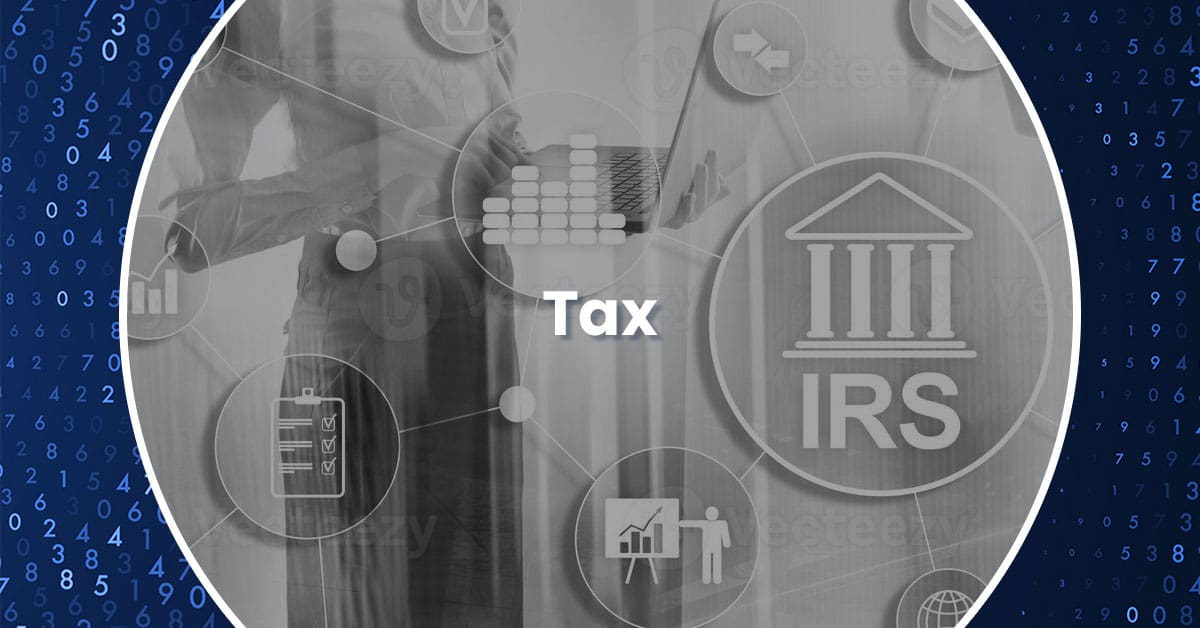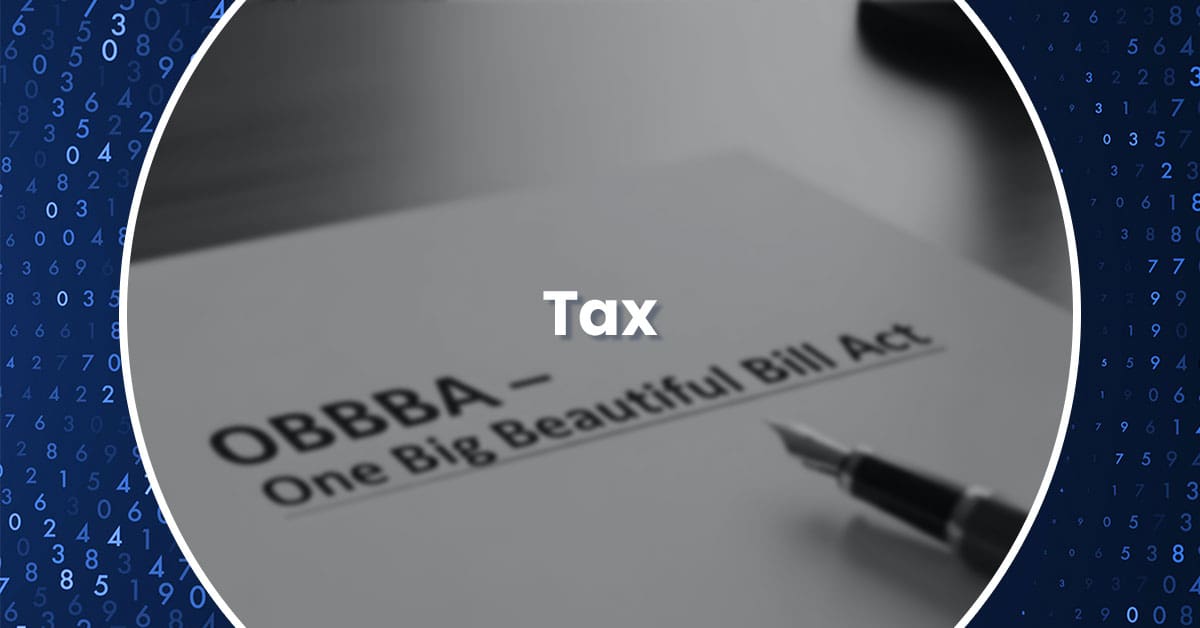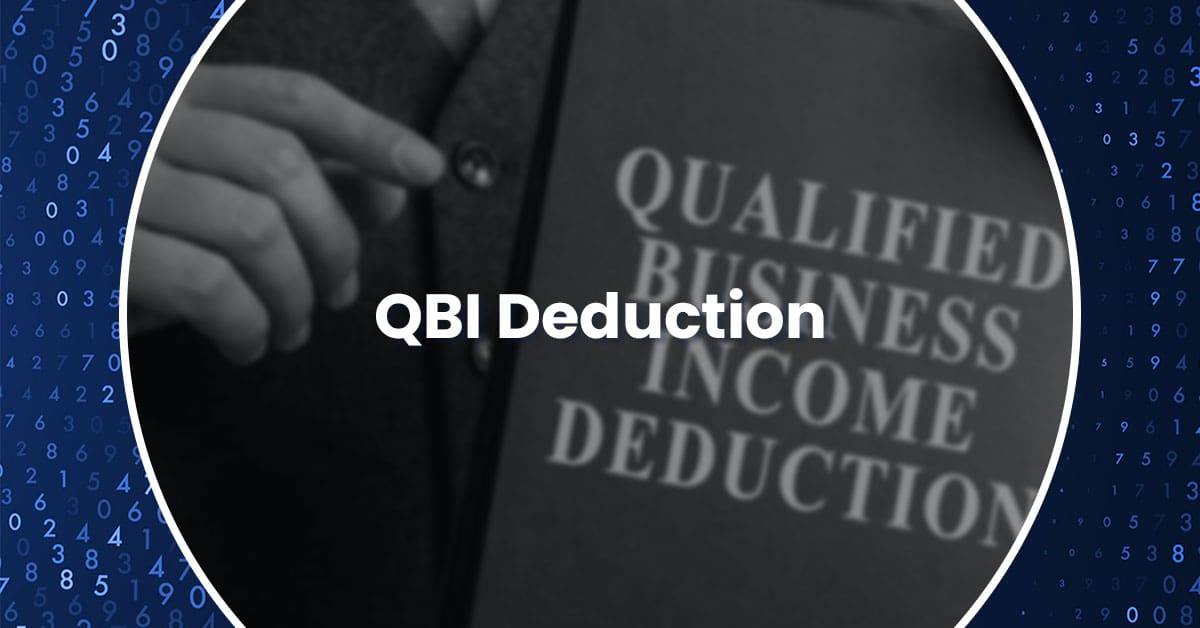The IRS released Revenue Procedure 2025-28 on August 28, 2025, providing crucial guidance on how businesses should handle research and development (R&D) expenses under the One Big Beautiful Bill Act (OBBBA). This guidance creates immediate tax planning opportunities and affects returns due on September 15 and October 15, 2025.
If your business invests in R&D activities, these new rules could significantly impact your tax liability and generate refunds for prior years. Here’s what you need to know.
Understanding the OBBBA Changes to R&D Expenses
The OBBBA fundamentally changed how businesses treat R&D expenses, creating separate rules for domestic and foreign research activities.
Domestic R&D Expenses Under New Section 174A
Starting with tax years beginning after December 31, 2024, businesses can now deduct domestic R&D expenses immediately under the new Section 174A. This represents a significant shift from the Tax Cuts and Jobs Act (TCJA), which required these expenses to be capitalized and amortized over a five-year period.
Alternatively, businesses can elect to continue capitalizing and amortizing domestic R&D expenses over 60 months, for tax years begining after December 31, 2024.
Foreign R&D Expenses Under Amended Section 174
Foreign R&D expenses continue to be capitalized and amortized over 15 years.
Transition Rules for Previously Capitalized Expenses
The new guidance provides options for handling R&D expenses that were capitalized under the TCJA between 2022 and 2024.
General Election for All Taxpayers
Any taxpayer can elect to handle remaining unamortized domestic R&D amounts from 2022-2024 by either:
- Deducting the full remaining amount in the first tax year beginning after December 31, 2024
- Deducting the remaining amount over two tax years starting in 2025
Research Credit Considerations
The guidance also allows eligible small businesses to:
- Make late elections under Section 280C(c)(2) to reduce the research credit instead of R&D deductions
- Revoke prior Section 280C(c)(2) elections
These changes can optimize the relationship between R&D deductions and credits, potentially maximizing overall tax benefits.
Accounting Method Changes
For the first tax year beginning after December 31, 2024, the Form 3115 requirement is waived, and a statement in lieu of Form 3115 is authorized.
Special Opportunities for Small Businesses
Small businesses meeting specific criteria have access to particularly favorable treatment under the new guidance.
Who Qualifies as a Small Business
You’re considered an eligible small business if you:
- Not a tax shelter
- Meet the gross receipts test under Section 448(c) for your first tax year beginning after December 31, 2024, of having average annual gross receipts of $31 million or less for the three prior tax years (2022-2024)
Retroactive Application Benefits
Eligible small businesses can apply the new Section 174A rules retroactively to tax years 2022-2024. This means you can potentially:
- Deduct R&D expenses that were previously capitalized through an amended return, superseded return or originally filed return to generate refunds.
How to Make the Small Business Election
The election can be made by:
- Attaching a statement titled “FILED PURSUANT TO SECTION 3.03 OF REV. PROC. 2025-28” on the following returns:
- 2024 timely filed original or superseded return
- Filing an Administrative Adjustment Request (AAR) or amended return for tax years 2022-2024
Critical deadline: Elections on AAR or amended returns must be filed by the earlier of July 6, 2026, or the statute of limitations deadline for refund claims.
Deemed Elections for Timely Filers
Small businesses filing original/superseded returns on or before November 15, 2025, will be deemed to have made the election if they deduct domestic R&D expenses on the return and meet other requirements.
If you are making a deemed election in 2024, you must also amend returns for 2022 and 2023.
Automatic Extensions for 2024 Returns
Recognizing that many taxpayers filed 2024 returns before this guidance was available, the IRS is granting an automatic six-month extension to file superseding returns to all small business taxpayers.
This applies to eligible entities that:
- Timely filed their original 2024 return
- Did not previously file for an extension
- Are filing a superseding return solely to take advantage of OBBBA elections
To use this extension, write “REVENUE PROCEDURE 2025-28” at the top of your superseding return.
What This Means for Your Business
This guidance creates significant planning opportunities, particularly for small businesses. Consider these steps:
- Review your R&D activities from 2022-2024 to identify previously capitalized expenses
- Calculate potential refunds from retroactive application of Section 174A
- Evaluate whether to make elections for immediate deduction versus amortization
- Consider research credit optimization through Section 280C(c)(2) elections
- Assess whether to file superseding 2024 returns if beneficial
Time-Sensitive Action Required
- The most favorable provisions have strict deadlines:
- November 15, 2025: Deemed election deadline for original returns and superseding available on all 2024 tax returns, with or without extension.
- July 6, 2026: Final deadline for retroactive elections via AAR or amended returns
The complexity of these rules and the tight deadlines make professional guidance essential. Working with a qualified tax advisor can help ensure you maximize the benefits while meeting all compliance requirements.
For additional support or questions, reach out to our team today. We’ll continue to provide updates on these developments.





 Previous
Previous









